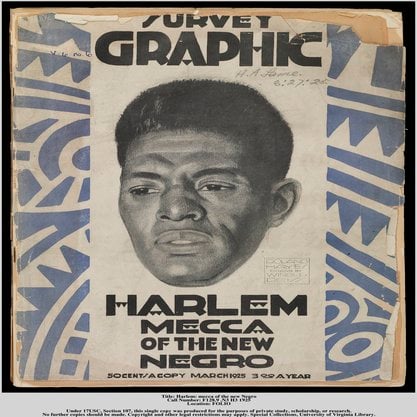Article
Jolas, Eugene (1894–1952) By Hanna, Julian
Article
Eugene Jolas was a journalist, editor, translator, and poet who embodied the transatlantic character of modernism between the World Wars. The task of transition, the Paris-based literary journal he edited with his wife Maria Jolas and others between 1927 and 1938, was to translate European culture for Americans, and vice versa. transition’s list of contributors reads like a Who’s Who of the international avant-garde. Jolas’ wealth of contacts in the literary world arose from his previous job writing the column ‘Rambles Through Literary Paris’ for the Chicago Tribune Paris edition. The romantic, imagination-driven strain of modernism that Jolas promoted led to a close relationship with Expressionism and Surrealism. Publishing non-anglophone experimental writing in translation or (after 1933) in the original language was a major focus of transition. Jolas also provided English translations of key European modernist texts outside the magazine, including Alfred Döblin’s Berlin Alexanderplatz (1931).


